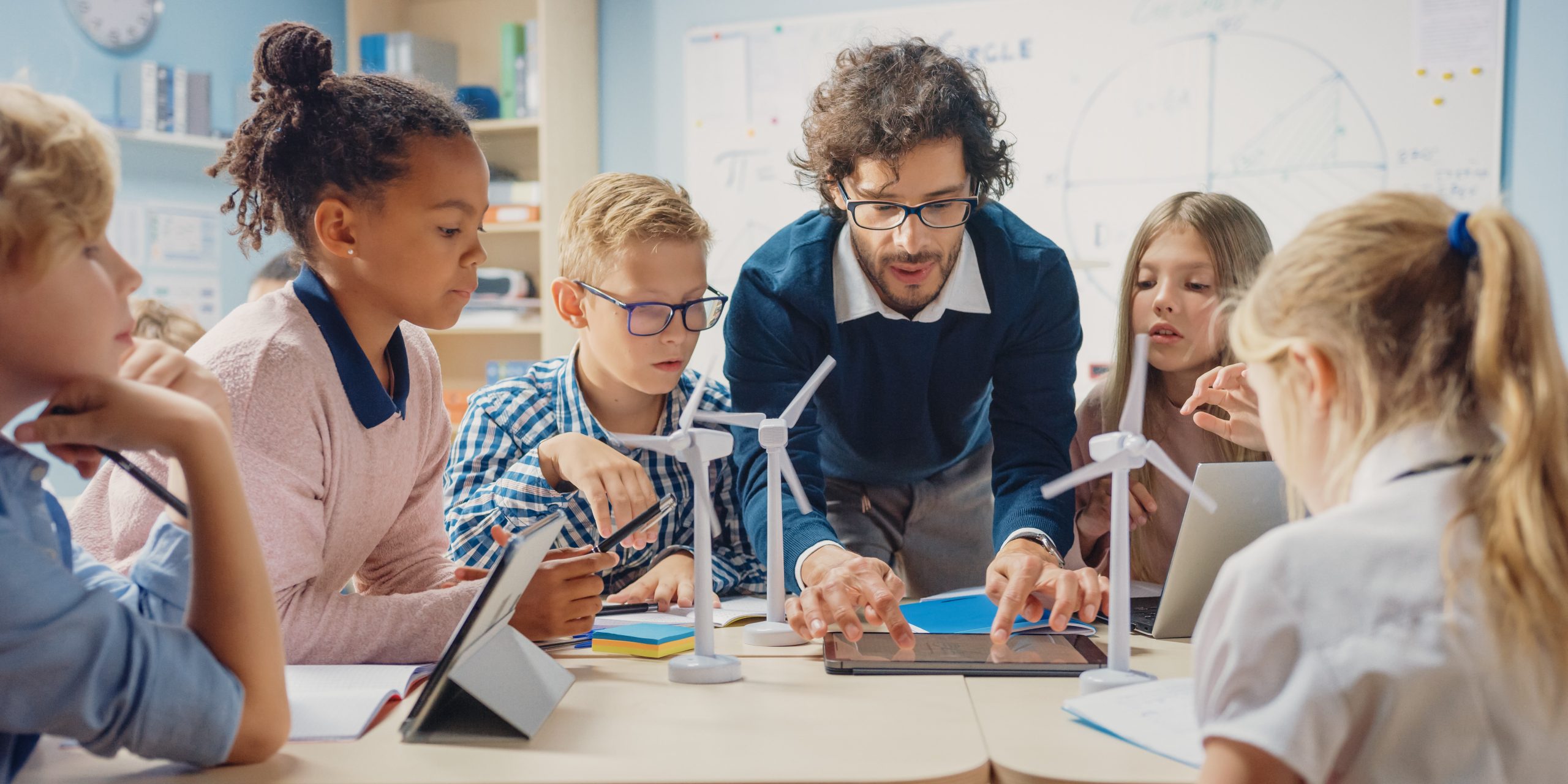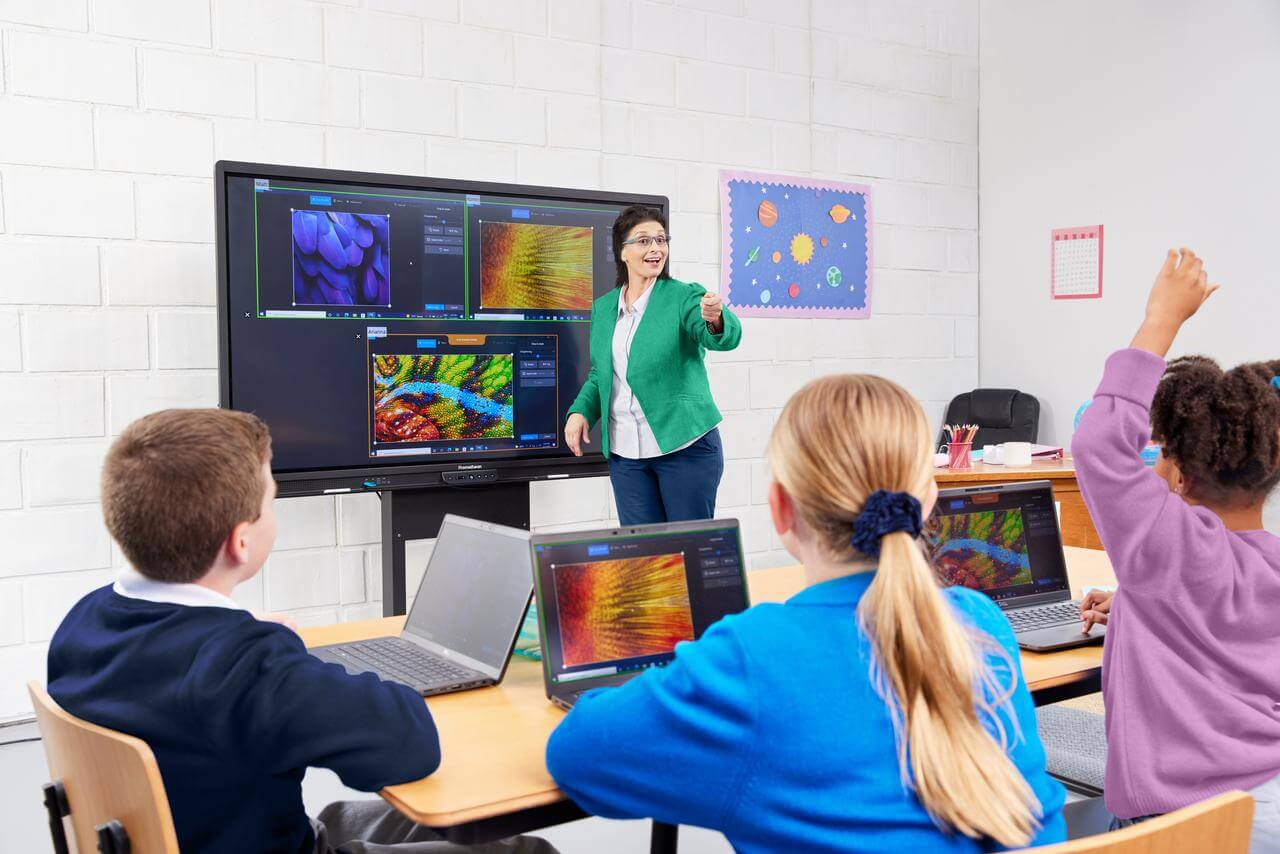Discover the Best Primary Science Tuition Singapore for Your Learning Journey
Discover the Best Primary Science Tuition Singapore for Your Learning Journey
Blog Article
Discovering the Different Training Strategies in Primary Scientific Research Education Today
Inquiry-based knowing, hands-on experiments, and the integration of modern technology are redefining just how educators engage young minds. Furthermore, joint techniques and separated guideline are being used to cater to the diverse needs of trainees, enhancing both engagement and understanding.
Inquiry-Based Discovering
Inquiry-Based Discovering (IBL) is a pedagogical approach that motivates pupils to discover clinical principles with questioning, investigation, and hands-on trial and error. This approach stresses the function of trainees as energetic participants in their learning, promoting vital reasoning and analytical abilities. By involving with real-world questions, trainees end up being curious and determined, which improves their understanding of scientific concepts.
In IBL, educators serve as facilitators, leading pupils as they navigate their queries rather than providing info directly. This student-centered approach enables for distinction, accommodating different finding out styles and rates. Trainees establish abilities in developing theories, creating experiments, and examining information, which are crucial for scientific literacy.
Furthermore, IBL fosters partnership amongst students, urging them to share concepts and findings. This collective query promotes social skills and a feeling of community within the class. The process of inquiry motivates strength, as trainees learn to accept failure as a stepping stone towards understanding.
Hands-On Experiments
Hands-on experiments are an essential element of reliable scientific research education and learning, matching the principles of inquiry-based learning. These experiments enable trainees to engage directly with clinical principles, cultivating a much deeper understanding with experiential discovering. By adjusting products and observing results, young students can understand abstract concepts in concrete means.
Such activities promote critical reasoning and analytical skills, as students hypothesize results, conduct experiments, and assess results. This procedure encourages them to ask questions, fine-tune their understanding, and develop a scientific attitude. Furthermore, hands-on experiments can be customized to diverse discovering designs, ensuring that all students have the chance to engage meaningfully with the material.
Furthermore, hands-on experiments commonly urge partnership among peers, promoting team effort and communication abilities. Functioning in teams allows trainees to share ideas, discuss searchings for, and find out from each other, which enhances their general academic experience.
Incorporating hands-on experiments into the primary scientific research curriculum not only improves the learning environment but also grows a lifelong rate of interest in science. By actively joining their education and learning, students are more probable to create an enthusiasm for scientific inquiry that extends beyond the classroom.

Innovation Combination
Incorporating technology into primary scientific research education has actually come to be significantly essential in cultivating pupil engagement and improving finding out outcomes. Making use of electronic devices, such as interactive simulations, online labs, and instructional software, provides pupils with possibilities to explore scientific ideas in ingenious ways. These sources help with a much deeper understanding of complex subjects by permitting learners to envision and manipulate variables that would be impractical in a standard class setting.
Additionally, innovation combination urges personalized discovering experiences. Trainees can progress at their very own rate, revisiting challenging concepts through multimedia resources, which deal with various knowing designs. This flexibility not only supports specific development yet likewise cultivates check it out a sense of autonomy in learners.
Additionally, innovation functions as a bridge to real-world scientific research, linking pupils with present research study and specialist contributions. Access to scientific journals and on the internet databases broadens students' viewpoints on clinical inquiry and fosters crucial thinking skills.
Collaborative Knowing
Joint knowing plays an important duty in primary science education by fostering team effort and communication skills amongst pupils. This method urges learners to collaborate, share understanding, and take part in analytical, which enhances their understanding of clinical principles. By taking part in team tasks, pupils discover to articulate their ideas, pay attention to varied perspectives, and work out solutions, all of which are essential abilities in both scholastic and real-world contexts.

Study shows that joint discovering can lead to boosted motivation and interaction in science topics, as pupils discover pleasure in common experiences (primary science tuition Singapore). Additionally, this strategy prepares trainees for future collaborative undertakings, outfitting them with the abilities essential for reliable teamwork in higher education and expert environments. Eventually, embracing collaborative learning in main science education and learning can considerably improve the discovering experience and promote a deeper understanding of clinical inquiry
Set Apart Instruction

Distinguished published here guideline can manifest in various means, such as differing the content, procedures, or items of understanding. For example, instructors might use tiered assignments that supply varying levels of intricacy, allowing students to operate at their particular readiness degrees. Additionally, flexible grouping methods can assist in collaboration amongst pupils with different capabilities, fostering peer understanding.
Assessment plays a crucial role in this approach, as it notifies instruction and aids instructors comprehend each student's one-of-a-kind requirements. Developmental evaluations, such as monitorings and quizzes, can guide instructors in changing their methods to improve learning outcomes. primary science tuition Singapore. Inevitably, by implementing differentiated instruction in main scientific research education, teachers can grow a much this contact form more fair and effective knowing setting, equipping all pupils to reach their complete possibility in comprehending scientific sensations
Final Thought
In summary, the diverse training strategies in key science education and learning, including inquiry-based understanding, hands-on experiments, innovation assimilation, joint knowing, and set apart instruction, collectively add to a more effective discovering atmosphere. These techniques promote critical thinking, analytic abilities, and a much deeper understanding of clinical ideas. By carrying out these methods, instructors can create engaging and helpful class that address the diverse needs of students, inevitably cultivating a lifelong rate of interest in scientific research and improving scholastic success.
Inquiry-Based Discovering (IBL) is a pedagogical technique that urges trainees to check out clinical concepts via wondering about, investigation, and hands-on testing.Collaborative discovering plays a crucial role in key scientific research education and learning by fostering team effort and interaction skills among students.Research study shows that joint learning can lead to boosted inspiration and involvement in scientific research topics, as trainees find enjoyment in common experiences.In promoting a comprehensive discovering environment, distinguished direction emerges as a crucial method to suit the varied needs and capacities of students in main science education. Eventually, by implementing distinguished instruction in key scientific research education, teachers can cultivate a much more efficient and fair understanding environment, empowering all pupils to reach their complete possibility in understanding scientific phenomena.
Report this page